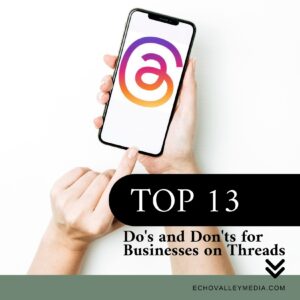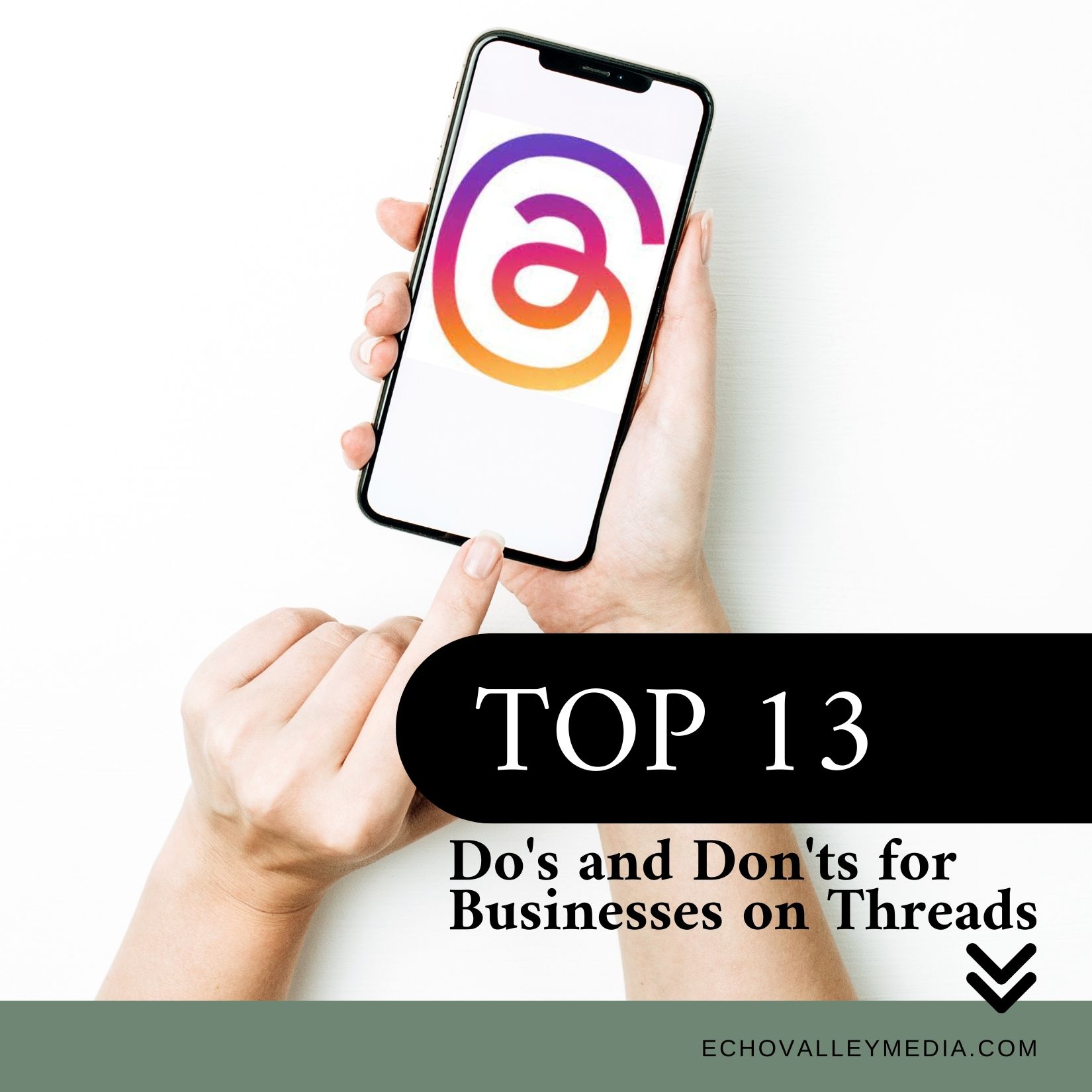Exploring Threads: Meta’s New Social Media App and How to Navigate it
Exploring Threads: Meta’s New Social Media App and How to Navigate it
Meta, formerly known as Facebook, has recently launched its long-awaited social media platform, Threads, marking a significant shift in the social media landscape. This innovative “text-based conversation app,” as described by Meta’s CEO, Mark Zuckerberg, is already making waves. Within a day of its launch, Threads boasted more than 30 million users, indicating a potentially strong competitor to Twitter.
The Landscape of Threads
Threads allows users to generate posts of up to 500 characters, embedding links, and attaching images or videos. This platform shows remarkable promise, particularly when compared to Twitter, which has faced multiple controversies since being acquired by Elon Musk last year. The monetization of previously free features, staff cuts, and Musk’s provocative posts have left Twitter users and businesses disgruntled, creating an opening for Meta’s Threads.
A key aspect of Threads’ early success is its interconnectivity with other social media platforms. Users can link their Instagram accounts, making it easier to find and follow their Instagram connections on Threads. For businesses and advertisers, this feature offers a simplified way to scale their reach. Paul Kelly, Director of Analytic Partners, views Threads as a potential “one-stop shop for advertising” due to its integration with Meta’s network.
The Role of Threads for Businesses
Threads seems poised to deliver a valuable platform for businesses, particularly with its initial measures to safeguard brand identity. This app takes lessons from Twitter’s failed verification experiment, providing a robust verification process similar to Instagram’s. Those already verified on Instagram automatically receive verification on Threads, offering reassurance for brands that their identity will be protected.
The platform also appears to be taking a different approach to community moderation. On Twitter, under Musk’s watch, a lax approach to moderation led to a flood of negative messages, making it a minefield for businesses. In contrast, Threads seems keen to promote a healthier, more respectful discourse.
The ability for businesses to increase their reach and shareability on Threads also holds promise. Aubrey Brooks, a data analyst at Buttermilk, believes that content categorization should be a priority for Threads. Tools such as trending topics and content recommendations could amplify the messages of advertisers and enhance their visibility.
Despite the exciting potential of Threads, the platform does have some noticeable gaps in its current iteration. The lack of a desktop website, working hashtags, Direct Messages (DMs), or a dedicated feed for followed users are significant omissions. Also absent are post-scheduling options, and the process of switching between multiple accounts can be cumbersome. However, Instagram’s CEO, Adam Mosseri, has assured users that these features are forthcoming.
 The Do’s and Don’ts of Threads for Businesses
The Do’s and Don’ts of Threads for Businesses
Understanding the intricacies of this new platform is essential for businesses seeking to maximize their presence on Threads. Here are some do’s and don’ts to consider:
The Do’s
- Engage Strategically: Use the platform to cultivate genuine connections and foster conversations that are aligned with your audience’s needs and preferences.
- Maintain Control Over Your Content: Be aware of Threads’ data sharing policies and terms of service.
- Remain Authentic: Authenticity is key. The early stages of your presence on Threads should be about building relationships with your audience rather than pushing sales.
- Claim Your Handle: Secure your brand’s handle on Threads early to protect your brand identity and allow for flexibility in your future strategies.
- Experiment with Content: Capitalize on the unique features of Threads to engage your audience with diverse content styles.
- Avoid Unnecessary Platforms: Do not feel obligated to use every new platform that comes along. If Threads aligns with your business objectives, great! If not, focus on the platforms that are already yielding results.
- Stay Updated on Legal Changes: Keep an eye on any changes to the platform’s legal stance and terms of service. These updates can significantly influence your business’s approach to using Threads.
- Monitor Platform Changes: New platforms like Threads can evolve rapidly based on user feedback. Keep abreast of these changes to ensure your strategies stay relevant.
The Don’ts
- Over-Promote: Threads, like other social media platforms, is about building connections and fostering genuine engagement. Businesses should refrain from constantly promoting their products or services. Over-promotion can be seen as spammy and can alienate potential customers.
- Ignore Customer Interactions: Businesses should avoid neglecting user comments or inquiries. Active and meaningful engagement can significantly enhance the brand’s image, showing that the company values its customers’ opinions and feedback.
- Don’t Link Accounts Without Consideration: Businesses should be cautious when linking their Threads account to other social media platforms like Instagram. Unintended consequences, like account deletion, can arise due to policy differences between platforms. Businesses should thoroughly understand these risks before proceeding.
- Replicate Content: Replicating the same content across all platforms can make the brand’s messaging stale and repetitive. It’s crucial to leverage Threads’ unique features to create fresh and exciting content that resonates with the platform’s users.
- Don’t Overcommit Too Soon: While it’s important to secure a presence on Threads early, it’s equally crucial to avoid investing too heavily before understanding the platform’s potential and alignment with the business’s goals. Monitor the platform’s development and user feedback to inform your strategic commitments.
Threads, despite being a newcomer, appears poised to become a significant player in the social media landscape. With its impressive user numbers, features, and connections with Instagram, it provides a genuine opportunity for businesses to expand their social media presence. However, this should be done thoughtfully, taking into account the platform’s current limitations and expected updates. By adhering to the suggested do’s and don’ts, businesses can leverage the potential of Threads while safeguarding their interests.


